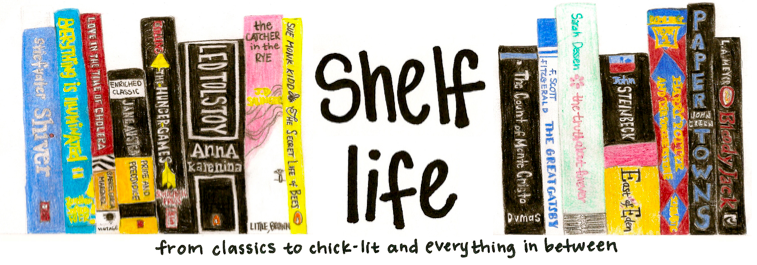By Joseph O’Neill
★★☆☆☆
Two Things I Liked About Netherland:
1. It was free.
2. Multi-national settings.
I got this book for free along with my consent to attend a book discussion on it at my school… a book discussion that will be taking place in about 40 minutes. I’m going to try to dash off this review in the next 20 minutes before I have to leave as a way to get my thoughts about the book in order, so that maybe I’ll have something to say at the meeting. I think I might be one of the few people who ended up actually reading it, partly do to the busy schedule of a college student approaching the final haul before summer, and partly because, well, it’s kind of boring, and I can’t really blame people for giving up after a few pages.
In the wake of 9/11 and the return of his British wife and young son to London without him – for some “space” to “figure things out” – Hans van der Broek stumbles on an amateur New York immigrant cricket team and from there finds himself drawn into the fantastical and potentially delusional world of Chuck Ramkisoon - a Trinidadian immigrant - and his grand scheme to establish the international New York Cricket Club and stadium. The experience instigates a surge of nostalgia that reconnects Hans with his life – from his Dutch childhood, to his early adulthood in London, where he met his wife, to the interlude between their arrival in New York and the fragmenting of their marriage with 9/11 and his wife’s departure, to his present loneliness in a foreign country he’s learning to call his own, and even to his future, from whence comes his narrating self.
I think the expectation is that any novel that includes 9/11 must pivot around it, but if anything 9/11 is just a side-note in Netherland, a tragedy non-specific to Hans that abstractly affected him but wasn’t something he really identified his problems with. And maybe that’s how it should be – that we should, of course, acknowledge the attacks for what they are, but draw the line at claiming some kind of injustice on a personal level. It brings up an interesting question, though, as to how much bearing 9/11 should have on a story that makes a point of bringing it up.
I was predisposed to give Netherland a solid chance because one of my author idols, Jonathan Safran Foer, sung its praises from the rooftop of the cover. That got me through the first 50 or so pages. Determination, my perpetual reluctance to give up on a book once I’ve started it, and obligation to the person responsible for giving this book to me for free got me through the next 200.
That’s not to say that Netherland is a terrible book. It’s not. O’Neill has a nostalgic voice and a poetic style that I found myself admiring. The timeline lends interest, undulating between flashback, real-time, and flash-forward, and between New York City, London, and the Hague. Objectively, I liked it. But that’s not the goal of successful literature – objectivity. You want your readers to be sucked into your world, so much so that it becomes, for the duration of the story, more real to them than reality. And that is where Netherland failed for me. I was never sucked into Hans’s world, as objectively appealing as it may have been.
Other issues I had with Netherland: For whatever reason, I’m usually turned off by a protagonist whose great conflict is a kind of general discontent – he has problems with his wife, yes; problems with his identity and direction, yes; alienation in his adopted country, yes. Any of these, in another novel, could have been enough to be the central conflict, but in Netherland, I felt like they were never given quite enough attention to take on that role. It was all of them, so it was none of them. And Chuck Ramkisoon, who was supposed to be the great variable in Hans’s narrative, never felt fully realized either. I felt like he kind of flickered in and out of the story, never sticking around long enough to make a real impression on me. Maybe that’s what O’Neill was going for, but I didn’t find it satisfying.
Actually, I think that sentiment kind of sums up my reaction to the novel as a whole: Maybe it’s what O’Neill was going for, but it didn’t satisfy me.
Books Read This Year: 38
Top 100 Progress: 42/100


No comments:
Post a Comment